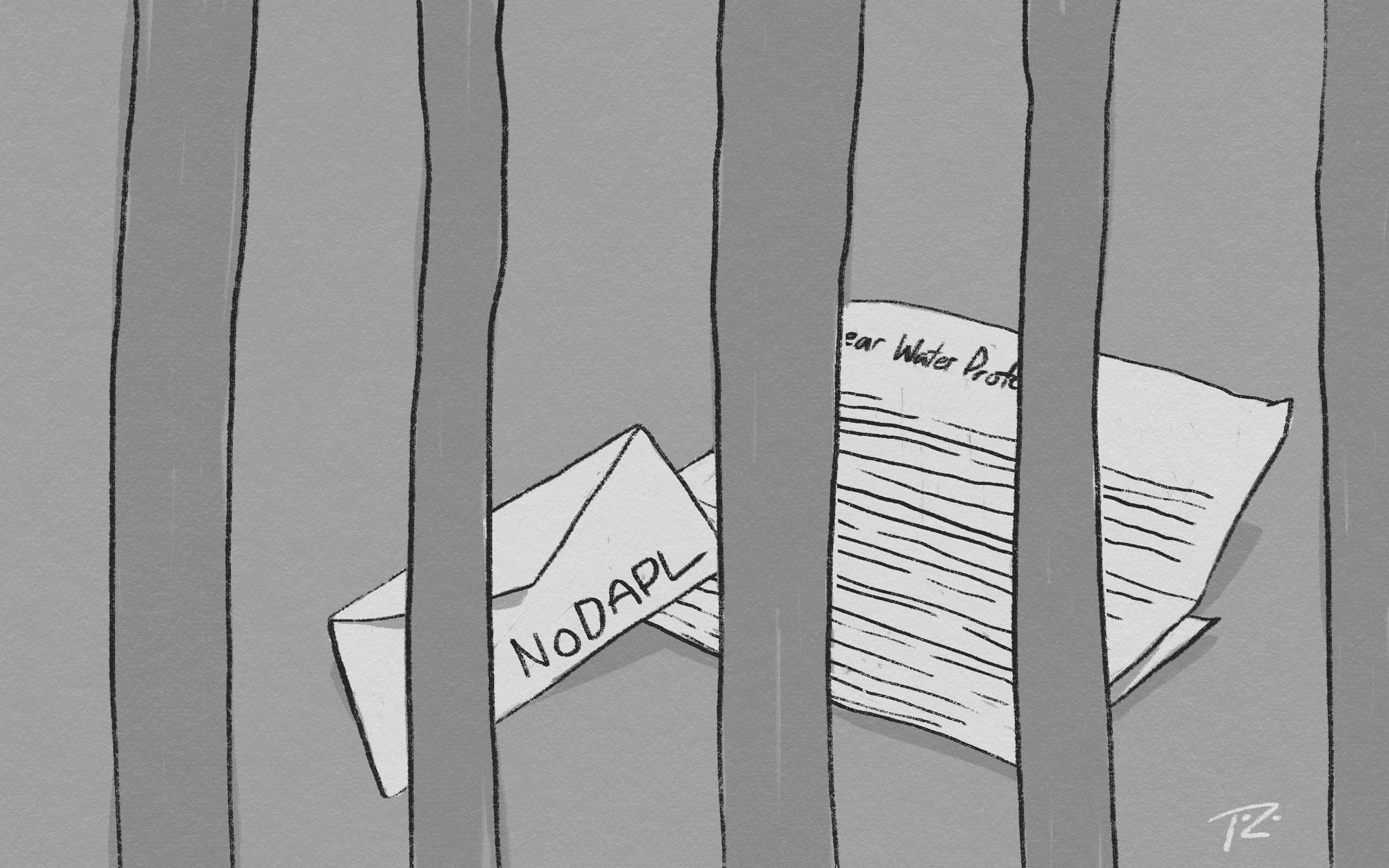Is social isolation softening our carrot-and-stick incarceration system?
Residents of Canada first went on lockdown in March of 2020. Since then, the public has felt waves of COVID-19, and felt its impacts on lifestyle and quality of life, as well as legislation. Many compare their homes to prisons, as the mental and physical health implications of social isolation take their toll.
With ten months-and-counting of experience enduring long spells of little-to-no social contact, many missing key holidays and celebrations, as well as collective mourning, have your perceptions of incarceration changed?
Presently, there are countless individuals serving prison sentences for violent crimes, petty crimes, crimes they didn’t commit, or crimes they didn’t understand.
There are people serving sentences by enduring punishment that we, residents enduring social distancing measures, cannot bear.
One first-hand account of solitary confinement taps into our shared suffering — trouble sleeping and spending time meaningfully compounds mental distress.
Those of us who have housemates, friends, and family in close proximity know how valuable these relationships have become in recent times. We stay in touch because, for many of us, we cannot touch. People who are vulnerable to health complications — and their housemates, for that matter — face an impossible dilemma: risk physical health to stay in good mental health, or risk mental health to keep good physical health.
It’s hard to imagine what someone serving a prison sentence might feel, not being able to communicate intimately with friends and family while they serve their sentence, and especially now, while prisons are on lockdown due to COVID-19.
There are people even serving sentences for defending and protecting clean water sources that face threat of contamination for industry interests. It is an incredibly violent thing to incarcerate people, as we are learning, but are we learning fast enough?
The NoDAPL Federal Prisoner Support Committee is an organization committed to empowering convicted Water Protectors by telling individual stories, and teaching the public how to support these individuals by writing letters, learning about their causes, and applying political pressure for legislative reform.
Water Protectors are dedicated to protecting and celebrating water as an essential ingredient of life through peaceful protest, traditional Indigenous ceremony, and legal intervention. The Dakota Access Pipeline (DAPL) has been a point of dispute for years, drawing international attention to the human rights violations inflicted on the Indigenous people of North America.
We’re spending a lot of time at home. We’re spending a lot of time in isolation, and that impacts our health, as Statistics Canada research has shown.
The Water Protectors serving their sentences, represented by NoDAPL, need connection like anyone else. Connecting and communicating with these individuals empowers their work, and amplifies their cause.
NoDAPL Federal Prisoner Support Committee teaches the public how to reach these individuals as it takes precision and determination to maintain correspondence within the narrow guidelines that prisons uphold.
This matters. Anyone who feels the cold wind coming from loneliness in isolation knows how much a message or phone call means. Imagine correspondence without privacy or agency.
It is important that we make efforts to connect with one another, especially with those who experience additional barriers to connection.
And most pressing in these instances of political imprisonment: why do we incarcerate people for leading the shift of social values, the intended compass of the legal and prison system?
Winter is coming, and it’s going to bring cold winds of isolation. Connection is a warm bath.
Graphic by Taylor Reddam
